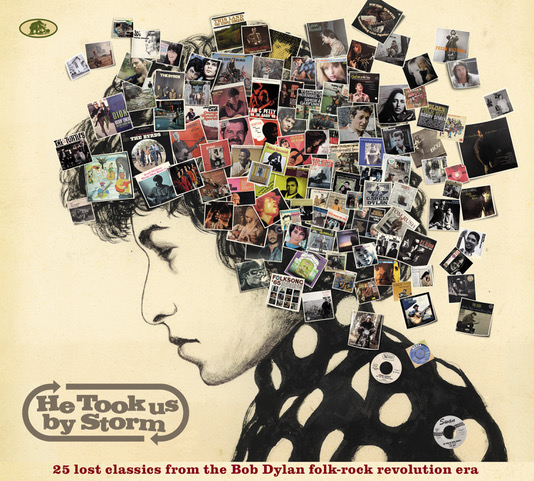You won’t find any Bob Dylan recordings or even any of his compositions on the Dylan-themed He Took Us by Storm. Instead, as compiler Philippe Le Bras explains in his extensive liner notes, this anthology features material written and performed by Dylan’s close contemporaries who were “caught up in the lyrical and musical vortex he had generated around him” in the mid-1960s.
The program embraces many well-known artists, such as Dion, David Crosby, Bob Seger, Boz Scaggs, Leon Russell, Donovan, Tom Rush, and Johnny Winter. Most of the tracks are relatively obscure, however, and in a few cases, the link to Dylan is, too. In most of the songs, though, you can clearly hear the influence of albums like Another Side of Bob Dylan, Bringing It All Back Home, Highway 61 Revisited, and Blonde on Blonde.
As for the quality of the selections, the album cover’s promise of “25 lost classics” is hyperbolic, but the set does showcase a few numbers that might qualify as lost classics, and nearly all the remaining tracks are noteworthy. One standout is Dick Campbell’s self-penned “You’ve Got to Be Kidding,” which sounds reminiscent of Dylan’s “Positively Fourth Street” and features a backup band that includes Mike Bloomfield and Paul Butterfield. Also excellent are Jackie Washington’s “Long Black Cadillac,” which is rumored to incorporate instrumentation by the Youngbloods, and P.F. Sloan’s “Halloween Mary,” which benefits from guitar work by the Mamas and the Papas’ John Phillips.
Among other highlights are Woody Guthrie’s “Vigilante Man,” sung by the talented Sammy Walker, whose career was likely hampered by the fact that his voice sounds uncannily like Dylan’s; “Honey,” a track from Eric Andersen’s excellent More Hits from Tin Can Alley; and “Men of Good Fortune,” a Lou Reed demo that first surfaced on 2022’s Words & Music, May 1965.
You probably don’t need this album to appreciate the extent to which Dylan influenced his contemporaries. Still, if you’re a fan of his mid-sixties work, you’re bound to be both fascinated and entertained by this collection.
Also Noteworthy
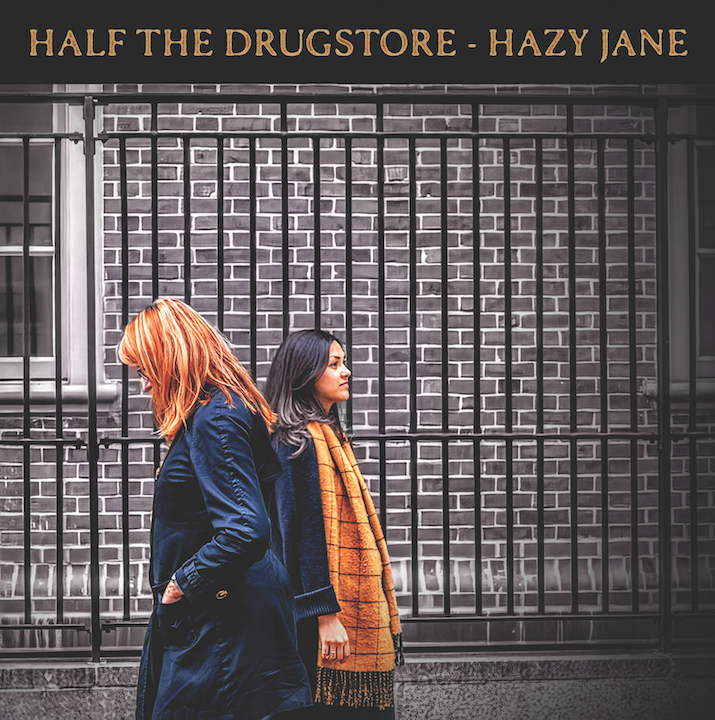
Hazy Jane, Half the Drugstore. New Jersey’s Hazy Jane cites Neil Young’s After the Gold Rush as its inspiration. Hence the cover image on Half the Drugstore, which apes that of the 1970 Young LP, as well as the album’s title and many of its song names, which are anagrams of those on Goldrush. The consistently likable music, which emphasizes acoustic instruments and the vocal work of Hazy Jane’s two lead singers, only sporadically evokes Young’s record, however. Better reference points for the CD, which Grip Weedsfrontman Kurt Reil produced, include outfits like Belle & Sebastian and Cowboy Junkies.
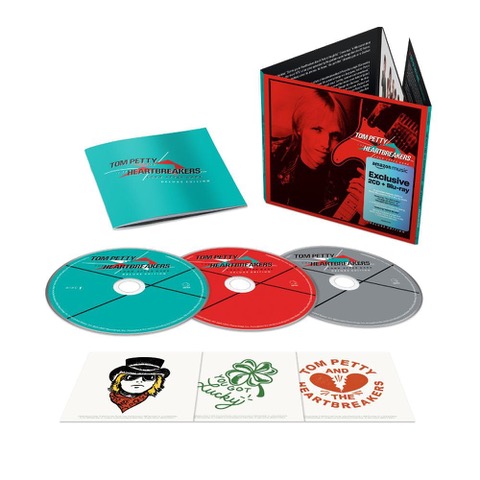
Tom Petty and the Heartbreakers, Long After Dark (Expanded Deluxe Edition). Long After Dark, Tom Petty’s fifth album, entered Billboard’s chart in November 1982, made it to No. 9, and spawned two hit singles, “You Got Lucky” and “Change of Heart.” Those are the best tracks on a record that doesn’t rank with Petty’s best, but it’s more noteworthy in this expanded edition, which features a remaster of the Jimmy Iovine–produced LP, a Blu-ray with new hi-res and Dolby Atmos mixes, and a CD with 12 bonus tracks, seven of which are previously unreleased and five of which are culled from performances on French TV. Among the added songs, which include some that were considered for the original album: “Never Be You,” a catchy midtempo number by Petty and bandmate Benmont Tench; Petty’s “Keeping Me Alive,” with a guitar break that recalls Buddy Holly; Petty and Mike Campbell’s “Ways to Be Wicked,” which Lone Justice memorably covered; and readings of John Sebastian’s “Stories We Could Tell” and Chip Taylor’s “Wild Thing.”
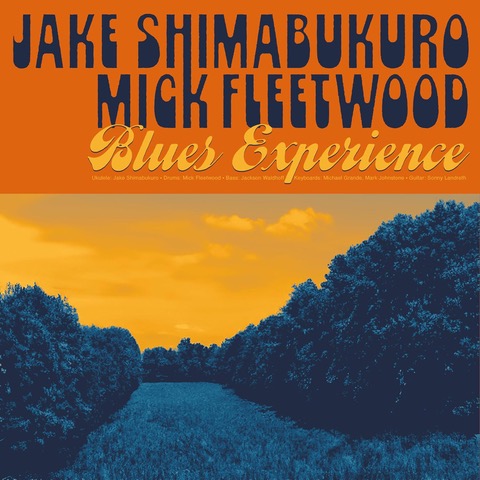
Jake Shinmabukuro & Mick Fleetwood, Blues Experience. If you’re familiar with Fleetwood Mac’s history, you know that its earliest lineup was rooted in the blues. Here, the band’s co-founder, namesake, and drummer teams with Hawaiian ukulele wizard Jake Shinmabukuro to deliver an unusual and satisfying take on that genre. Among the selections on the wide-ranging, nine-track program are Stevie Wonder’s “Cause We’ve Ended as Lovers,” which features Louisiana blues guitarist Sonny Landreth; Procol Harum’s classic “Whiter Shade of Pale”; Little Willie John’s “Need Your Love So Bad,” which the original Fleetwood Mac featured on 1968’s The Pious Bird of Good Omen; Neil Young’s “Rockin’ in the Free World”; and, from the Fleetwood Mac repertoire, Christine McVie’s “Songbird.”
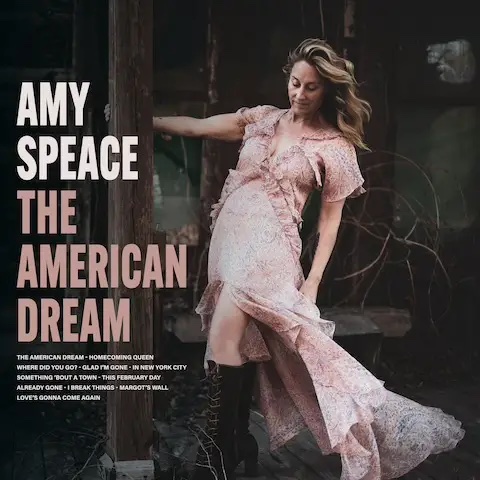
Amy Speace, The American Dream. “Write about what you know,” goes the adage. Amy Speace – who was discovered by Judy Collins and sounds somewhat like her – sure seems to have taken that advice to heart when crafting the songs on The American Dream, all but one of which she wrote, in some cases in collaboration with others. This consistently affecting album, whose material appears to be largely autobiographical, addresses such subjects as divorce (“Glad I’m Gone”), growing up (the title track), and finding an artistic path (“In New York City”). The CD benefits from lush string arrangements, a complementary Neilson Hubbard production, and Speace’s emotive vocal work.
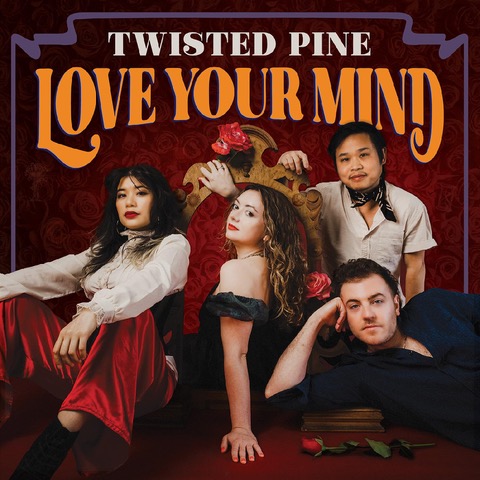
Twisted Pine, Love Your Mind. If you organize your music by genre, you’re going to have a tough time figuring out where to put this third album from Twisted Pine. The Boston-based quartet, which includes Kathleen Parks (fiddle, lead vocals), Dan Bui (mandolin), Chris Sartori (bass), and Anh Phung (fiddle), started out performing semi-traditional bluegrass. A decade later, though, it’s incorporating elements of folk, pop, funk, R&B, and more and occupying a space somewhere between Nickel Creek and Manhattan Transfer. Parker wrote or co-wrote most of the songs on Love Your Mind, including “Green Flash,” a sprightly instrumental that features a guest spot by dobro and lap steel master Jerry Douglas. Also here is an elegantly arranged, flute-spiced cover of Frank Zappa’s “Peaches en Regalia.”
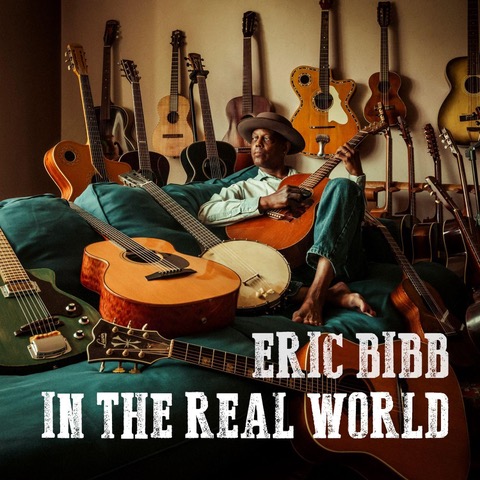
Eric Bibb, In the Real World. Longtime blues/roots artist Eric Bibb sings about “the world we’ve created for ourselves and the world we long for” on this passionately sung latest release. The album employs arrangements and production by UK-based Glen Scott, who has worked previously with Bibb on such projects as 2013’s critically acclaimed Jericho Road. The new set also features a long list of backing musicians, including multi-instrumentalist Scott and former Pretenders guitarist Robbie McIntosh. The material, most of which Scott co-wrote with Bibb, often addresses politics and human rights. In “Everybody’s Got a Right,” for example, Bibb sings, “Everybody’s got a right to walk where they wanna walk / Walk through any part of town / Without bein’ apprehended” and “Everybody’s got a right / To be with the one they love…to be who they choose to be, long as they ain’t hurtin’ nobody.”
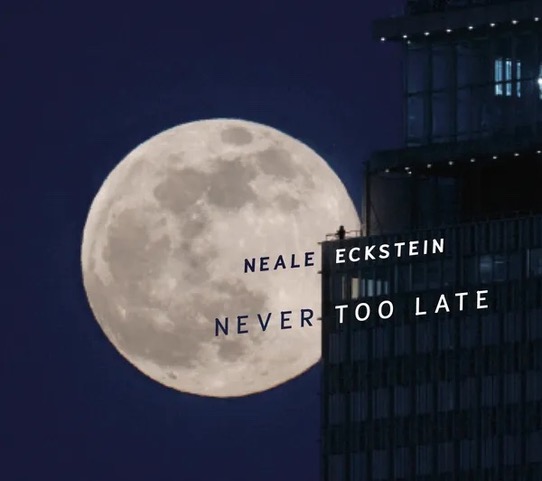
Neale Eckstein, Never Too Late. Neale Eckstein has been making music since the early 1960s and has produced albums for many other artists. But he spent nearly half a century working as a pediatric dentist, didn’t start writing songs until he was nearly 60, and didn’t release a full-length solo album until now, at age 75. Hence the Never Too Late title for the CD, which addresses such subjects as parenting (“Masterpiece”), road trips (“One Month Crazier”), nature’s beauty (“Big Shining Circle”), and a lost love (“Gonna Get It Right”). Frequent Tom Rush collaborator Matt Nakoa co-produced the set with Eckstein, plays on the record, and co-authored several of the sweet, frequently wistful folk songs. After hearing them, you may well wonder why Eckstein waited so many years to record.
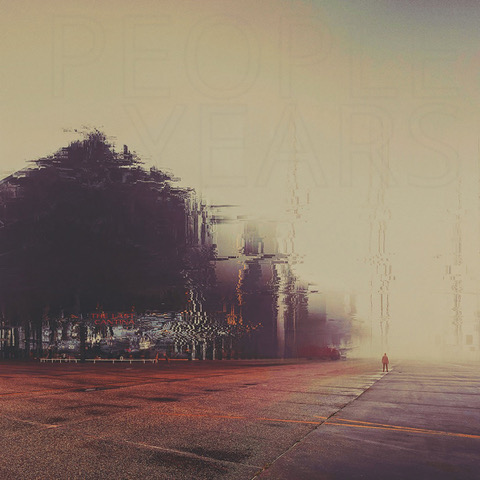
People Years, The Last Cantina. This is the third album from Birmingham, Alabama–based People Years, following 2021’s XIV and 2020’s Animalism. Like those earlier releases, The Last Cantina melds elements of 1960s psychedelia (think early Pink Floyd) and 1990s dream pop; at times, you may also hear echoes of Galaxie 500’s guitar stylings. Throughout, this is gripping music – tightly arranged, rhythmic, urgent-sounding, and full of surprises. Fans of the genres it evokes will be glad they checked out the CD.
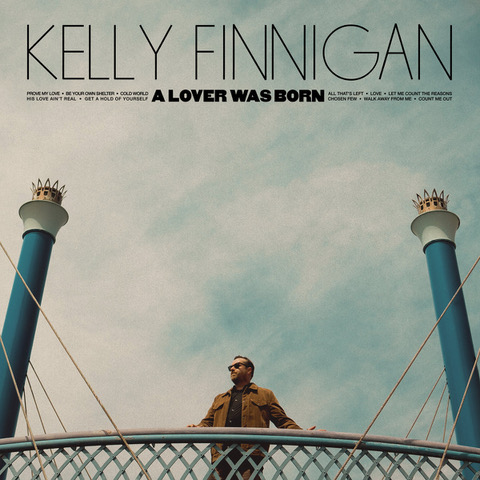
Kelly Finnigan, A Lover Was Born. Kelly Finnigan is the lead singer of the Northern California-based Monophonics, who bill themselves as purveyors of “psychedelic soul.” There’s no detectable psychedelia on this third solo release from Finnigan – his third, following 2019’s The Tales People Tell and a 2020 Christmas CD called A Joyful Sound – but there is a boatload of soul. Falsetto-spiced ballads and gritty up-tempo numbers such as “Cold World,” “All That’s Left,” “Let Me Count the Reasons,” and “Prove My Love” will remind you of the 1960s soul classics that issued from artists like David Ruffin, Tyrone Davis, Isaac Hayes, and Otis Redding and cities such as Chicago, Philadelphia, and Memphis. There are 11 tracks here, and each one is a winner.
Jeff Burger’s website, byjeffburger.com, contains five decades’ worth of music reviews, interviews, and commentary. His books include Dylan on Dylan: Interviews and Encounters, Lennon on Lennon: Conversations with John Lennon, Leonard Cohen on Leonard Cohen: Interviews and Encounters, and Springsteen on Springsteen: Interviews, Speeches, and Encounters.


